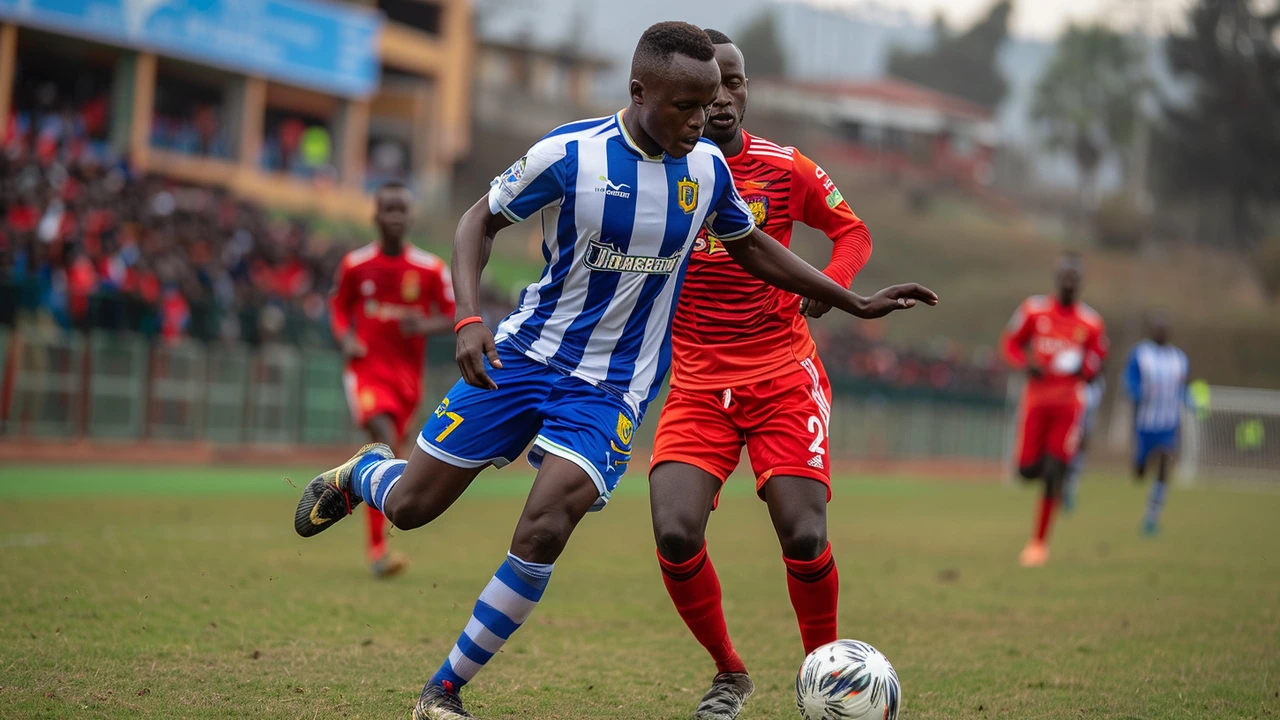Understanding Football Boycotts: Why Fans and Players Take a Stand
Ever notice how sometimes fans or players just stop showing up to matches or refuse to be part of the game? That's what we call a football boycott. It's a way to protest issues like unfair management, politics affecting the sport, or social causes. With football being such a huge part of culture, these boycotts can send a loud message when things aren’t right.
A boycott can take many forms: fans might skip games, players might refuse to play, or whole teams may sit out tournaments. It’s not just about missing a game; it’s about making the powers that be sit up and take notice. For example, fans might boycott because ticket prices are too high or if they feel their club is being mismanaged. In other cases, boycotts highlight bigger social problems linked to football, like racism or corruption.
How Do Football Boycotts Impact the Game and the Community?
A boycott shakes things up. When fans stay home, stadiums look empty and teams lose crucial support. This can hurt the club financially, because ticket sales and merchandise go down. But the bigger effect is forcing clubs and officials to rethink their choices. It creates pressure to address the fans’ concerns and bring change.
Sometimes boycotts also bring communities together. Fans unify around a cause, showing their passion for the sport goes beyond just winning matches. They want a football world that’s fair and welcoming. But boycotts can be a double-edged sword; while sending a message, they might also upset other supporters or players who just want to enjoy the game without drama.
When Has Football Boycott Made Headlines?
You don’t have to look far to find examples. Around the world, there have been football boycotts sparked by issues like political interference or player treatment. Each boycott tells a story of fans and players who care deeply and aren’t afraid to pause the game to fix what's broken. These moments remind us football is more than just sport; it reflects the hopes and frustrations of its community.
If you’re a football follower, understanding boycotts helps you see the bigger picture of the game’s challenges. It’s worth asking yourself: when should passion lead to protest? That’s the tricky balance football faces every day.

AFC Leopards' Decision to Honour FKF Cup Tie Amid Boycott Threats
Kenyan football club AFC Leopards has explained their choice to honor a controversial FKF Cup match despite threats to boycott. The club prioritized the competition and avoided potential penalties that could result from a boycott. Issues over officiating led to the match being initially abandoned.